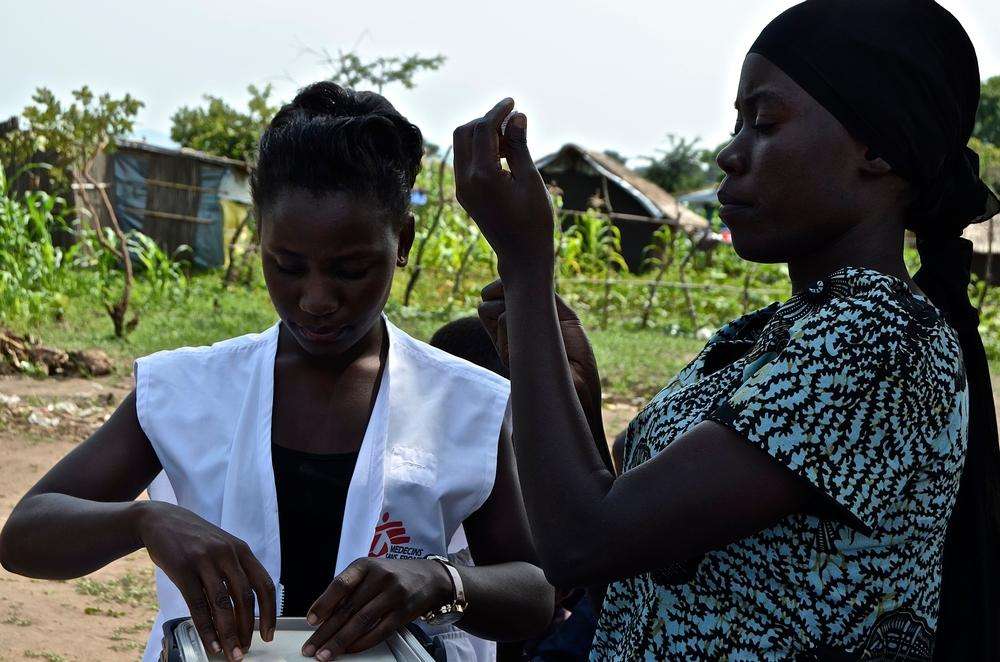Click Here to Download the Report
Every day, Doctors Without Borders/Médecins Sans Frontières (MSF) staff confront significant gaps in the availability of medical tools to address the health needs of the people we aim to care for in crisis-affected communities in more than 60 countries. These gaps—which have persisted for as long as MSF has been in operation—contribute to preventable deaths and exacerbate ongoing humanitarian and medical crises.
Filling these gaps with effective, affordable vaccines, diagnostics, and treatments that can be used in a range of contexts, including underresourced and unstable places, could save innumerable lives.
In this report, MSF illustrates how our staff and patients around the world are impacted by the way biomedical research and development is predominantly conducted today.
The report also looks at a broad range of policies aimed at changing this dynamic by incentivizing the development of medical tools that truly respond to patient and public health needs, and ensuring they are made broadly accessible.
Read the Press Release





